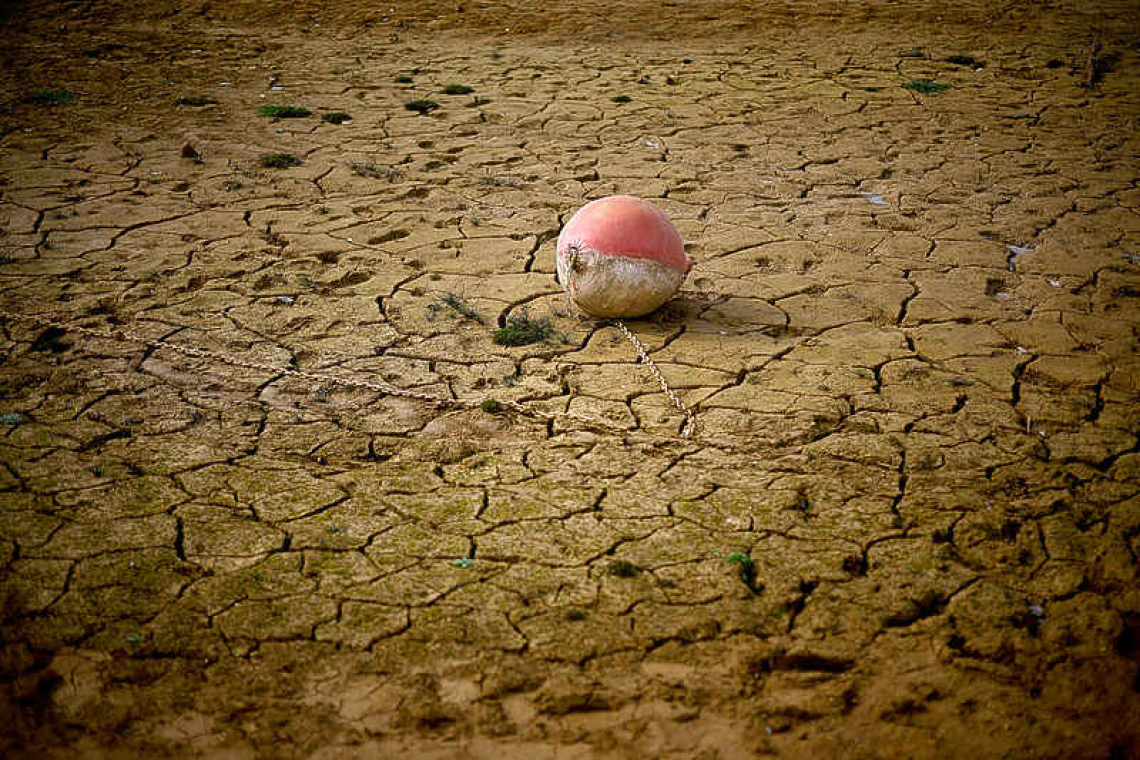BERLIN--Damage to farming, infrastructure, productivity, and health from climate change will cost an estimated $38 trillion per year by 2050, German government-backed research finds, a figure almost certain to rise as human activity emits more greenhouse gases. The economic impact of climate change is not fully understood, and economists often disagree on its extent.
Wednesday's study from the Potsdam Institute for Climate Impact Research (PIK), which is backed by the German government, stands out for the severity of its findings. It calculates climate change will shave 17% off the global economy's GDP by the middle of the century. "The world population is poorer than it would be without climate change," Potsdam climate data researcher Leonie Wenz, a co-author on the study, said. "It costs us much less to protect the climate than not to." At an estimated $6 trillion, the cost of measures to limit global warming to within 2 degrees Celsius (3.6F) of pre-industrial temperatures by 2050 would be less than a sixth of the cost of the estimated damage caused by allowing warming to exceed that level, the report said.
While previous studies have concluded climate change could benefit some countries' economies, PIK's research found almost all would suffer - with poor, developing nations the hardest hit. Its estimation of damage is based on projected temperature and rainfall trends, but does not take into account extreme weather or other climate-related disasters such as forest fires or rising sea levels. It is also only based on emissions already released, even though global emissions continue to rise at record levels. As well as spending too little to curb climate-warming emissions, governments are also under-spending on measures to adapt to the impact of climate change. For the study, the researchers looked at temperature data and rainfall for more than 1,600 regions over the last 40 years, and considered which of these events were costly. They then used that damage assessment, along with climate model projections, to estimate future damage.
If emissions continue at today's rate - and the average global temperature climbs beyond 4C - the estimated economic toll after 2050 amounts to a 60% income loss by 2100, the findings suggest. Limiting the rise in temperatures to 2C would contain those losses at an average of 20%.







